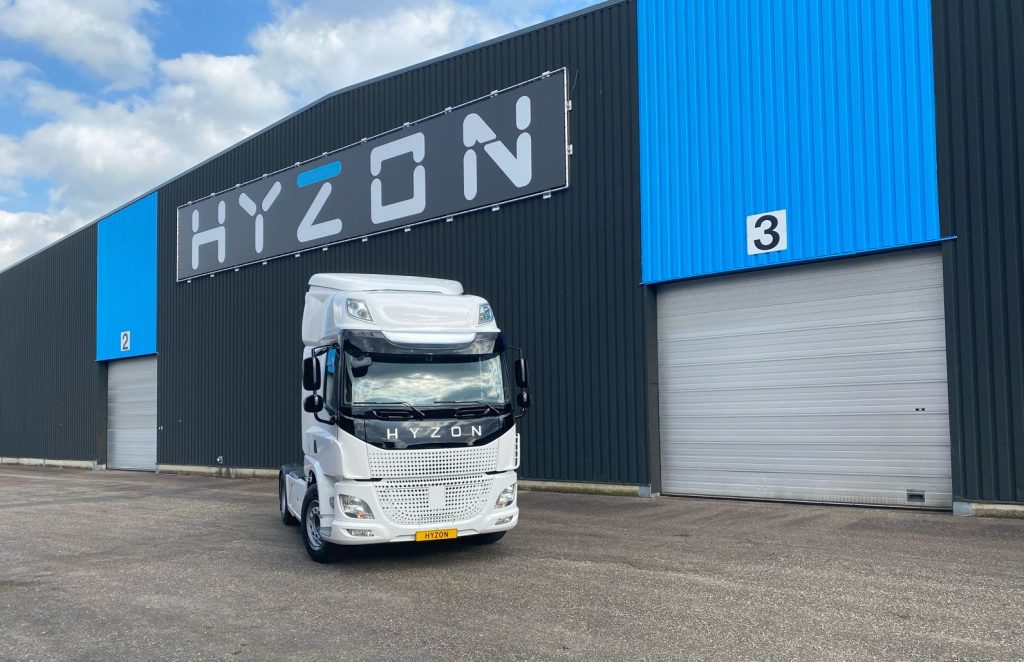With its promise of zero-carbon emissions, hydrogen-powered vehicles are an enticing option to slow climate change and improve air quality. Chicago Area Clean Cities (CACC) welcomed Cummins Inc., Hyzon Motors and GTI to its May webinar on hydrogen technologies. Technology is improving quickly, and government subsidies help the process along.
Hydrogen is a clean fuel that, when consumed in a fuel cell, produces only water. Hydrogen can be produced from a variety of domestic resources, such as natural gas, nuclear power, biomass, and renewable power like solar and wind. According to the U.S. Department of Energy’s Office of Energy Efficiency and Renewable Energy, these qualities make it an attractive fuel option for transportation and electricity generation applications. It can be used in cars, in houses, for portable power, and in many more applications.
In studies provided by Hyzon Motors, hydrogen-powered vehicles even beat battery electric vehicles in regard to carbon emissions from well to wheel.
“The carbon intensity score of hydrogen beat battery electric vehicles by a substantial amount,” said Mark Gordon, CFO of Hyzon Motors, “Hydrogen was measured at 11, while battery electric came in at 82.”
The potential for hydrogen vehicles seems unlimited. Just since Hyzon began producing fuel cell vehicles (the first known as the G1), maximum power capabilities have increased tenfold.
“We have the most powerful fuel cell vehicle on the market. An American audience needs to appreciate that from a global perspective, hydrogen is already much more advanced everywhere else than it is here,” Gordon said.
Hyzon Motors recently announced plans to build the largest fuel cell membrane electrode assembly production line for commercial vehicles in the U.S. at its new Hyzon Innovation Center located in Bolingbrook, Illinois, just outside of Chicago.
America has found itself playing catch-up, as Asia has led the first wave of the hydrogen enthusiasm with Europe close behind—and the more the fuel is utilized, the lower the costs will become.
“The future of hydrogen is now,” Gordon said as the webinar wrapped up. His thoughts were echoed by Cummins Inc. vice president of fuel cell and hydrogen technologies, Amy Adams.
“With hydrogen, the question has always been, ‘Is this fuel technically ready in prime time?’ And I think that the answer is, increasingly, yes,” Adams said.
By Jenna Spray
Chicago Area Clean Cities
Check out CACC’s webinars on topics such as hydrogen, natural gas and propane at this link.



